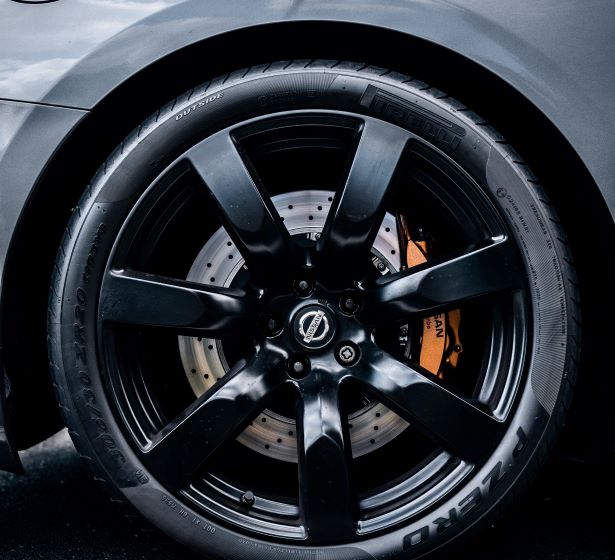
Tips To Keep Your Car’s Brakes In Braking Condition
Have you ever experienced failing brakes? What about squeaky brakes that barely bring your car to a halt while shaking and vibrating? Nothing quite compares to that unnerving feeling of your car brakes not working as they should. Fortunately, you can easily avoid these problems by following this simple how-to-guide. But first, we look at why they squeak and the impact of bad driving habits.
Why Do Brakes Squeak?
Many people have asked the question, “Why are my brakes squeaking?” Considering that brakes are an essential part of your car, you should never ignore unusual brake noise. For the most part, brakes wear out over time regardless of how you drive or the type of brakes you have fitted. However, knowing what causes brakes to wear will help you understand how it all works.
The main reason brakes squeak is because many manufacturers place a small piece of soft metal, a wear indicator, in the brake pad. Once the pad wears to a certain level, the brake wear indicator starts to rub against the brake rotor which results in the squeaking noise you hear when applying the brakes. This acts as an early warning that your brakes pads may need replacing.
How Driving Habits Impact Your Car Brakes
How hard you push the brakes significantly impacts the longevity of your brake pads. While some drivers ride the brakes and stop abruptly, others come to a gentle, gradual stop. The best way to increase the lifespan is to brake gently but it is different in emergencies as you have no choice but to brake hard and fast.
Traffic is another cause for concern as the constant stop-start is not good for any car. Driving in bus urban areas, especially city centres, is much harder on the brakes than on the open road as you don’t have to brake as often. In mountainous terrain or any area with regular changes in elevation, brake wear is more common as drivers ride the brakes to safely control going downhill.
Warning Signs Of Faulty Brakes
Squeaking or grinding brakes are annoying but they also serve as a warning sign that something may be faulty. Here are some of the most common signs that your brake pads are wearing out:
- Screeching or grinding noise when applying the brake
- Poor braking performance
- Shuddering when braking
- Pulling to one side when braking
- Car vibrates when applying brakes
Of course, there are times when a squeak could be the result of brake dust or something less serious. Whatever the reason for your squeaky brakes, never take it lightly. We highly recommend that you visit your nearest service centre rather sooner than later to get a professional opinion.
When To Replace Your Brakes
There is no set mileage for replacing your brake pads or discs as it mostly depends on how you drive and the type of materials. That said, it’s recommended to replace your brake pads after approximately 80,000 km but some even as early as 25,000 – 30,000 km. If you follow good driving habits and fit the top of the range brakes, they could last 100,000 km. You should always check your vehicle manual for a more accurate number based on your car’s specific requirements.
Pressing the brake pedal should provide you with a sense of safety knowing that your car will slow down in time. However, brake noises and the car acting strangely when braking can put a dampener on things. As brakes perform one of the most important functions, it’s best to not wait for the grinding or knocking sound before taking action. A simple brake check could save your life!
Follow our blog for more topics covering all the latest motoring news, from new vehicle launches to maintenance tips and much more. If you’re in the market for a quality pre-owned vehicle or demo model, our Digital Showroom has a large variety to choose from.

